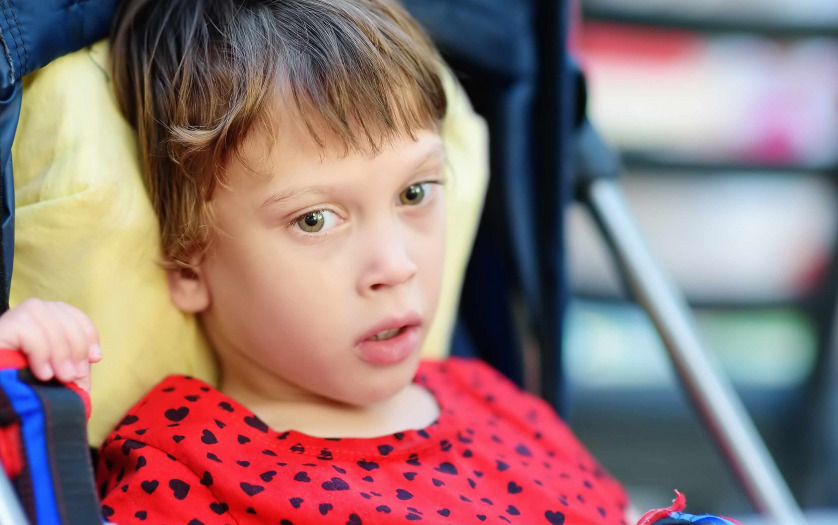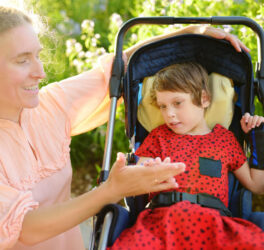
Childhood disability is not a priority in health systems. A recently published article in the BMJ by Cieza and colleagues argues why this needs to change.
Firstly, the number of children with disability is increasing. More children are surviving, but not all of them are thriving. The article explores trends in prevalence of a number of health conditions associated with high levels of disability comparing data from 1990 and 2019. Results show that numbers of children and adolescents living with disability rose substantially owing to population increases with some conditions such as migraine, asthma, hearing impairment or injuries exceeding 100 million cases among those aged <20 years. This means more children need health services to optimise their functioning. However, most health systems cannot deal with the current needs of children with disability, let alone meet the rising demand.
Secondly, children with disability often need specific rehabilitation services related to their impairment or functioning limitations. Yet these interventions often do not exist, are underdeveloped or under-resourced. When available, services are often costly, not physically inclusive, or accessible only in urban areas. The result is poor quality of services—an issue often raised by children with disability and their caregivers.
Lastly, access to care is a human right. Children with disability repeatedly face barriers to care causing suffering, hardship, and isolation. The greatest obstacles they encounter are negative attitudes. Without change, these children will continue to be denied access to services by health providers.
Because of all these factors, disability urgently needs higher priority in child and adolescent health agendas. To move forward we need a shift of attitudes and the commitment of all relevant parties in the disability and health sectors. Governments need to scale up service delivery with a strong focus on primary healthcare. Rehabilitation services should be expanded to reach all children in need. Countries must commit to prioritising children who are among the most disadvantaged in society.








